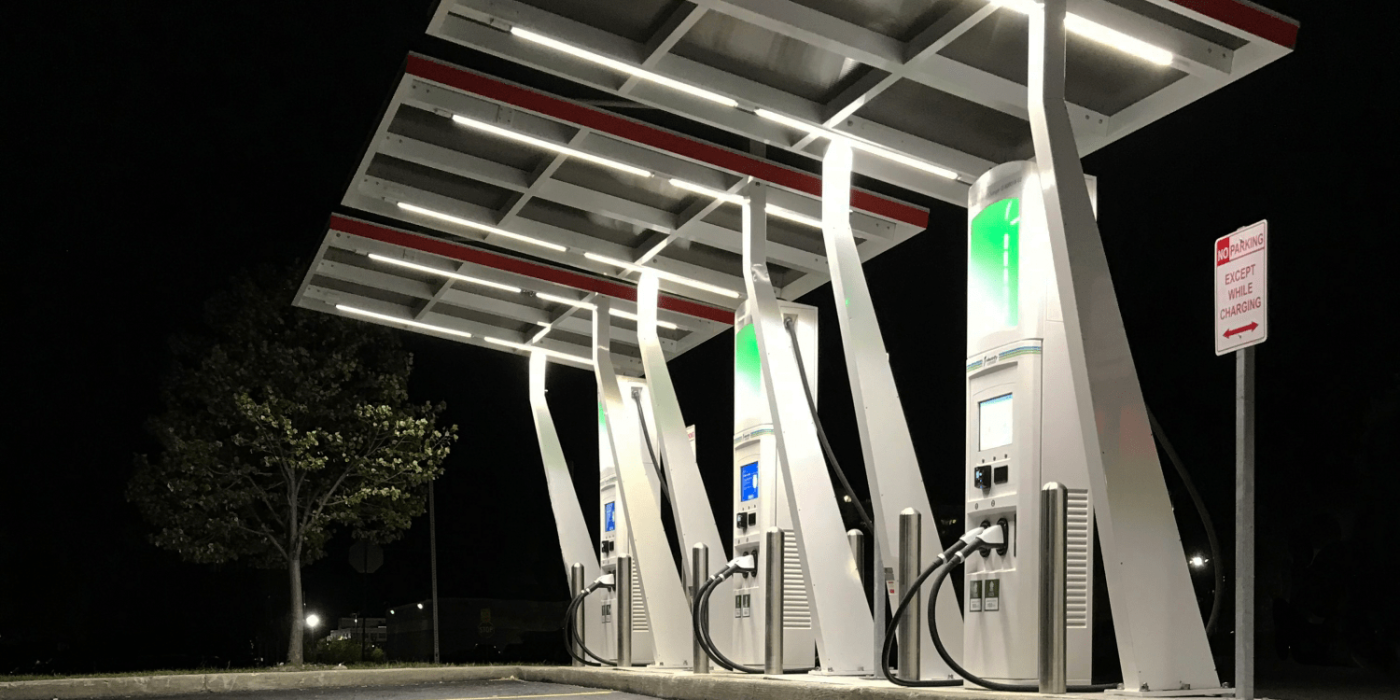Alberta to introduce electric vehicle registration tax
The reason behind the new law, according to the Canadian province, is that electric vehicles tend to be heavier and cause more destruction on highways and roads, while owners don’t pay a provincial fuel tax. Under the regulation, the tax will not apply to hybrid vehicles, likely since they do consume gas and thus pay into the road maintenance tax fund.
“I’m interested in fixing the roads,” said Alberta Finance Minister Nate Horner. “We need everyone to help.” He underlined that the tax was set to be in line with the estimated fuel taxes paid by a typical driver. The province estimates that the tax will generate around $1 million in revenue for the fiscal period from 2024-25. That number is then expected to grow to $5 million over 2025-56 and $8 million by 2026-27 as more electric vehicles are introduced.
The timing of the new tax is interesting and suggests that perhaps there are economic interests at play, rather than just economic ones: Tesla had opened its Supercharger network in the region to third-party car drivers. Canadian EV drivers are not generally not impressed with the new tax, particularly since EVs are generally more expensive than their ICE counterparts, and the comparatively low cost of “fuelling” the vehicle helps alleviate that issue.
“Helping Albertans switch to electric depends on efforts from all levels of government to address the key barriers to EV adoption, including affordability and a lack of charging infrastructure,” said Brian Kington, president and CEO of the Canadian Vehicle Manufacturers’ Association (CVMA).
University of Calgary economics professor Blake Shaffer also calculated that while the average electric vehicle was heavier than the average ICE vehicle, this did not necessarily apply across the board, as many ICE drivers also favour large SUVs and pickup trucks: For example, a Nissan Leaf with a curb weight of around 1,600kg, that drives 10,000 kilometres in a year would face the equivalent of a 25-cent-per-litre gasoline tax. A Ford Lightning EV pickup truck has a curb weight between 2,700 and 3,100 kg. If it drives 20,000 kilometres in a year, it would face a 12 cent-per-litre equivalent. “Vehicle registration fees for all vehicles should be based, in part, on their weight and annual kilometres driven,” He wrote in a social media post. Interestingly enough, this is exactly what Paris did earlier this year.
Alberta’s Opposition has also already answered: “This is a government that’s always keen to make anybody doing anything to reduce emissions pay more or be told they can’t do it at all. It’s just another fee increase and there’s a long list of fee increases embedded and buried in this budget,” said Opposition Leader Rachel Notley. Alberta is also one of the few Canadian provinces not to have its own EV subsidies, instead only relying on the federal government’s $5,000 subsidy.





1 Comment